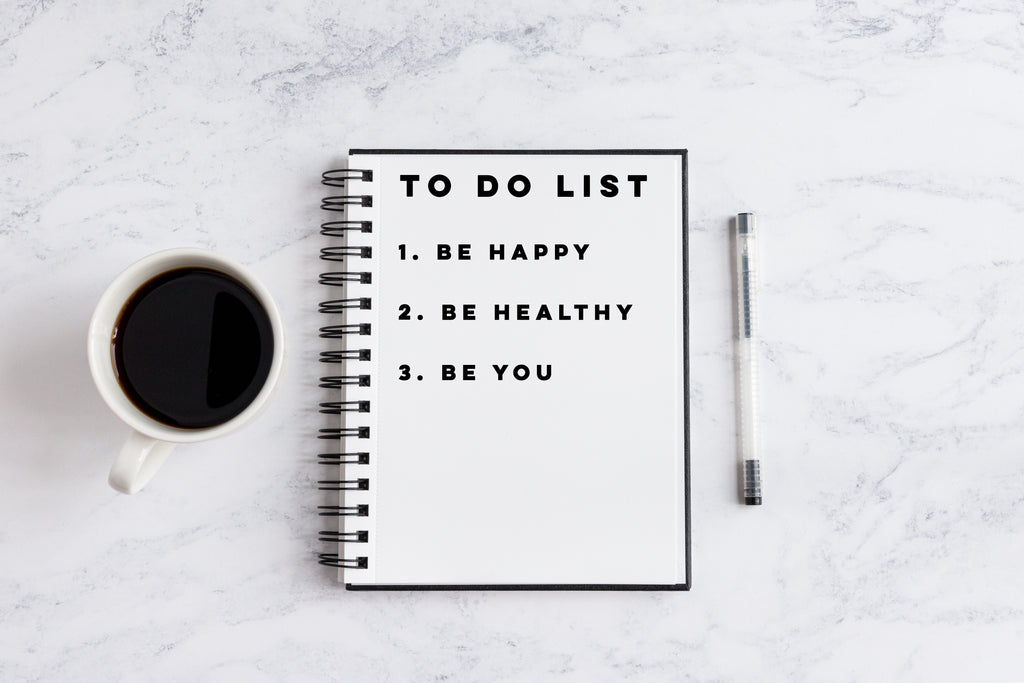How often do you sit dwelling on eventualities that may never occur? How often do you focus on the worst possible outcomes even though the chances of them occurring are minimal? Ever wondered why the tiniest criticism leaves a lasting impression even when outnumbered by positives? Negative events have a greater effect on our brains than positive ones – this is referred to by psychologists as the ‘negative bias,’ or the ‘negativity bias,’ and this bias plays a major role in every aspect of your life.
The negative bias is a human beings tendency not only to register negative stimuli more readily but also to dwell on these events. Nastiness just makes a bigger impact on our brains. Your brain is simply built with a greater sensitivity to unpleasant news.
Why are we hardwired this way?
It’s a survival mechanism. It’s the brain trying to keep us safe. From the dawn of human history, our very survival depended on our skill at avoiding danger. The brain developed systems that would make it unavoidable for us not to notice danger and subsequently respond to it – which makes perfect sense, right?
However, the same bad-news bias is always also at work in every field of our lives.
As humans, we tend to:
- Recall distressing experiences more so than positive ones
- Remember insults better than compliments
- Spend more time processing negative stimuli thus giving it more attention
- Think about negative things more frequently than positive ones
- Respond more strongly to negative events than to equally positive ones
The negative bias leads to far greater attention towards negative outcomes subsequently placing more importance on these events than is required. We no longer need to be on a constant state of alert as our ancestors needed to be in order to survive.
How to counteract the negativity
Understand the negativity bias to help combat negative feelings, make better decisions, place a greater focus on the positive, and generally to stop worrying so much, particularly about things that probably will never even happen!
Work the negativity bias in your favour.
When you find yourself dwelling upon bad decisions you have made in the past stop those thoughts and focus upon the learning outcomes instead. Turn negatives into positives wherever possible – and this doesn’t mean sugar coating everything but giving equal weight to good things that happen rather than persisting to concentrate on bad. Break the patterns of negativity by counteracting those thoughts with uplifting activities. Redirect the negative attention and instead immerse yourself in feelings of happiness by recollecting positive experiences.


Leave a comment